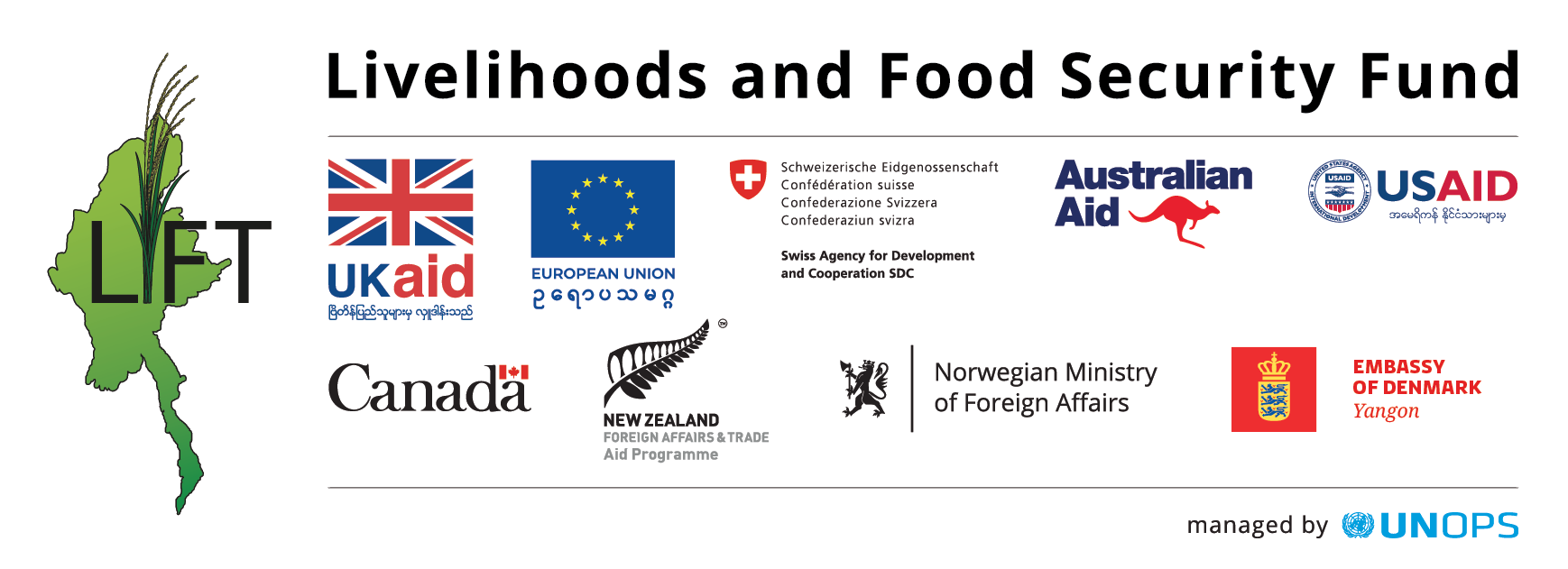
By NIRMAL GHOSH
As Myanmar opens up, NGOs hope assistance will flow BY NIRMAL GHOSH THAILAND CORRESPONDENT AS MYANMAR sheds its pariah status, non-governmental organisations (NGOs) are hoping the international donor community will step up its assistance, and the signs are that it will.
But there is a huge gap to fill.
Myanmar receives official development assistance (ODA) of around US$7 to US$8 (S$8.80 to S$10) per person per year. The average Cambodian gets seven times more (US$50), the average Lao five times more. In terms of ODA, Myanmar is at the bottom of the United Nations’ list of least developed countries.
“I get concerned when I hear governments say we will continue to increase assistance if reforms continue,” said Yangon-based Andrew Kirkwood, director of the Livelihoods and Food Security Trust Fund (Lift), a development fund.
“The people of this country deserve the assistance of the international community regardless of reforms.”
Warning that assistance must continue, he said: “This is a massive transition, and it is not going to be smooth.”
Given that agriculture contributes roughly 30 per cent of Myanmar’s gross domestic product and accounts for 50 per cent of all employment, much of the assistance Lift provides is to that sector, with most going to padi farmers.
Myanmar has vast potential for rice production, but is underperforming severely. Farmers do not make money from the crop for a range of reasons. With microcredit illegal until recently, many are perpetually in debt to moneylenders. A shortage of cash means a shortage of input into the fields; the results are low yields and low quality rice.
Storage and transport infrastructure are old and inefficient, and when the rice is exported, port operations are slow and expensive.
For the farmers therefore, it is often a hand-to-mouth existence; many grow rice only because it ensures land tenure under Myanmar laws. No one makes any extra money from rice.
The rice issue is only one of a range of legacies of four decades of stifling controls and lopsided markets under a centralised system.
Now a wide variety of NGOs, both local and foreign, are working to support agriculture and other sectors. Until recently, some have found donors hard to come by, because supporting anyone in Myanmar has often been seen as tantamount to supporting the former military dictatorship.
But with the imminent lifting of some sanctions by the United States and possibly the European Union, the NGOs see new possibilities. Mr Lars Birgegard, who led the UN Development Programme’s 2010 Independent Assessment Mission of human development in Myanmar, predicted “a rapid and steady increase in the allocation of development assistance funds” for the country.
In a commentary last month on the Democratic Voice of Burma website – which uses the old name for Myanmar – he wrote: “This development is indeed welcome. Burma, and particularly the many poor in the country, deserves a significantly higher level of support than in the past.”
But he cautioned: “One profound problem is the difficulty to direct donor interest and funds in a manner that supports a development strategy.”
Mr Kirkwood noted: “Almost certainly assistance will increase now, but it has to be done in a sensible way – coordinated, and aligned with national priorities.”
Development strategy itself is a matter of active debate.
But even as the space for debate and activism has opened up – a trend triggered by the cyclone Nargis disaster in 2008, which forced the government to open up to the international humanitarian community – there are limits.
The government is clearly willing to listen to public opinion. But there is also still systemic inertia to be overcome and many restrictions remain in place. Government agencies and civil society organisations overwhelmed by the speed of liberalisation desperately need training in financial and project management which demands trained and talented people.
The government is also more responsive to public opinion – something which NGOs want to nurture and support.
“Space for public participation has opened up,” said Mr Win Myo Thu, director of Eco Dev, one of Myanmar’s largest environmental NGOs. “President Thein Sein is committed to working with NGOs, and that is a good signal.”
“But there is still resistance to change, and there is still a mountain to climb,” he said. He singled out, among other things, the lack of integrated economic, energy and environmental policies.
“We urgently need to improve our system, structure and capacity. As an NGO, we are shakers, not drivers. But you need champions to drive the process,” said Mr Win. “We still need good leadership, otherwise why would bureaucrats change?”


